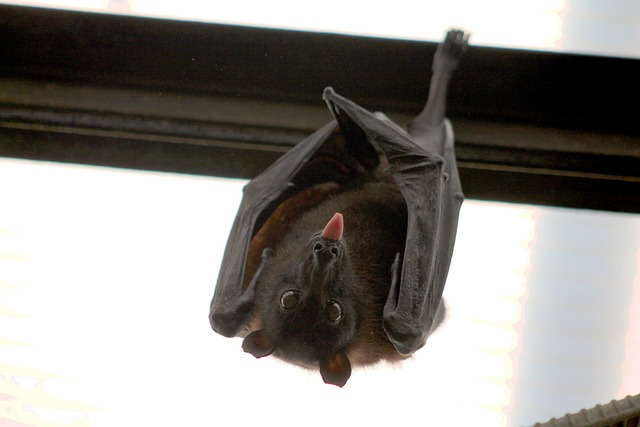It’s flying fox breeding season in the Far North, which poses a health risk to locals.
So far this year, there have been 23 people either bitten or scratched by bats, who have required medical treatment.
Tropical Public Health Services director Dr Richard Gair says fear of bats is not justified if they are left alone.
“Not touching bats is essential because their complex immune systems tolerate viruses that can make other animals or people sick,’’ he says.
“The big disease is Australian Bat Lyssavirus (ABLV) which is bat rabies.
“Anyone bitten or even scratched by a bat need a series of injections to prevent a potentially fatal illness.”
Dr Gair says that any species of bat may be carrying ABLV and the bat may look normal.
“During breeding season, you are more likely to find fallen pups or sick or injured bats, often stuck on a wire fence. They will bite straight through gloves or a towel, so don’t risk it,” he says.
“Call a trained and vaccinated wildlife carer to help.
“Our message is simple: don’t touch a bat. Any type of bat, adult, or pup, sick or well, dead or alive.”
Anyone bitten or scratched by a bat should immediately wash the wound, apply antiseptic and seek urgent medical care.









